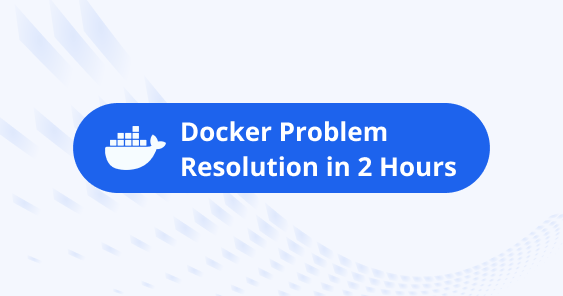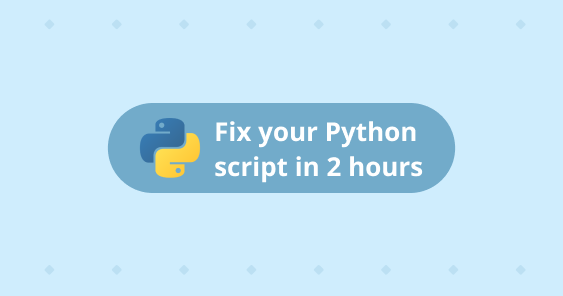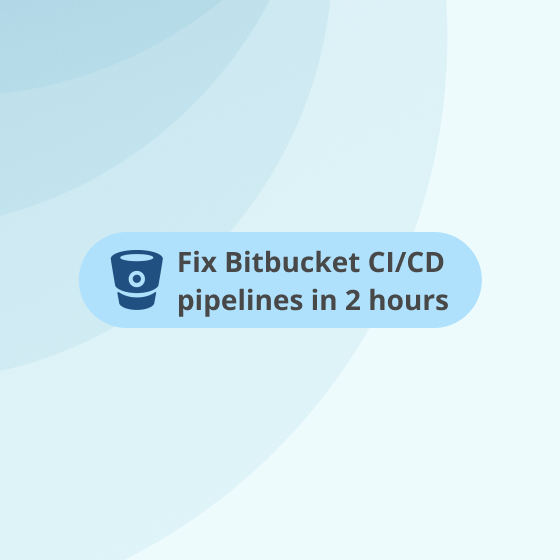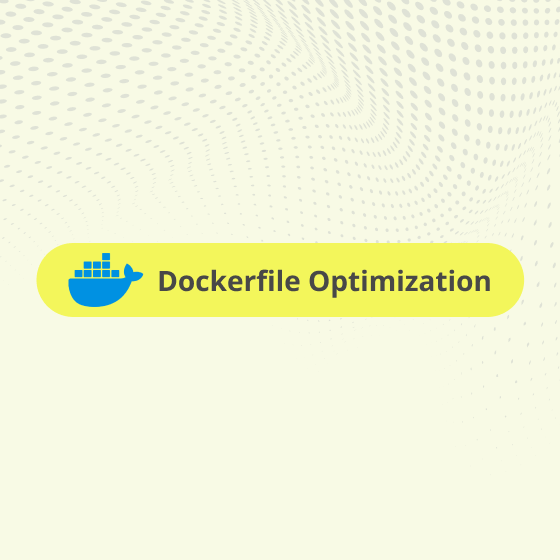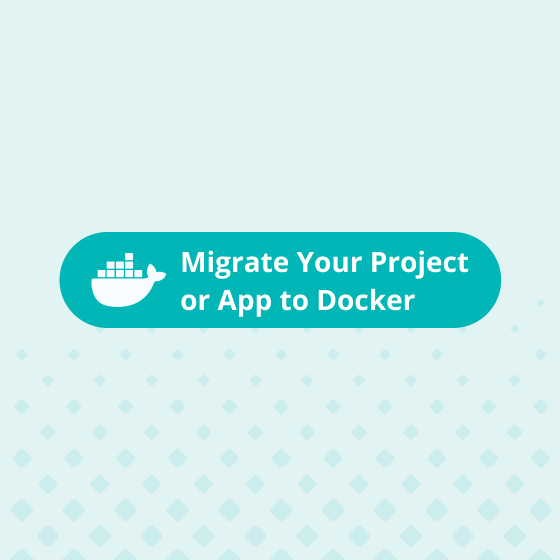FastAPI is a modern, high-performance web framework for building APIs with Python 3.6+ based on standard Python type hints. It is designed to be easy to use, fast, and efficient, providing a strong alternative to other popular Python frameworks like Flask, Django, and Aiohttp.
What is FastAPI Used For?
- Building RESTful APIs: FastAPI excels in creating APIs that need to handle high traffic and large data volumes efficiently.
- Microservices: Its lightweight nature and speed make it ideal for developing microservices that require quick response times and scalability.
- Data Validation: Using Pydantic for data validation, FastAPI ensures data integrity and correctness, which is crucial for applications requiring rigorous validation.
- Real-Time Applications: FastAPI’s performance capabilities make it suitable for real-time applications like chat applications, live dashboards, and more.
- Machine Learning and Data Science APIs: Often used to build APIs that serve machine learning models and data processing tasks, ensuring fast and reliable performance.
from fastapi import FastAPI
Basic FastAPI Application
app = FastAPI()
@app.get("/")
def read_root():
return {"Hello": "World"}
@app.get("/items/{item_id}")
def read_item(item_id: int, q: str = None):
return {"item_id": item_id, "q": q}
Why FastAPI is Better Than Flask, Django, and Aiohttp
- Performance:
– FastAPI: Built on Starlette and Pydantic, FastAPI is one of the fastest web frameworks available, matching the speed of Node.js and Go.
– Flask: While Flask is lightweight and simple, it lacks the asynchronous capabilities that make FastAPI so fast.
– Django: Django is powerful but can be slower due to its monolithic nature and the overhead of its many built-in features.
– Aiohttp: Designed for asynchronous programming, Aiohttp is fast but doesn’t match FastAPI’s speed due to its less optimized design.
- Ease of Use:
– FastAPI: Utilizes standard Python type hints for automatic API documentation and input validation, making it intuitive and reducing code duplication.
– Flask: Simple to learn and use, but lacks built-in input validation and automatic documentation, requiring additional libraries.
– Django: Highly structured and powerful, but has a steeper learning curve and can be overly complex for small projects.
– Aiohttp: Requires more boilerplate code and setup, making it less user-friendly compared to FastAPI.
- Automatic Documentation:
– FastAPI: Automatically generates interactive API documentation using Swagger UI and ReDoc, making it easy to test and understand your API endpoints.
– Flask: Does not generate documentation out of the box; requires additional libraries like Flask-RESTPlus.
– Django: Similar to Flask, Django does not provide automatic API documentation without using extensions like Django REST Framework.
– Aiohttp: Lacks automatic documentation, requiring additional setup and libraries.
- Type Safety and Validation:
– FastAPI: Ensures type safety and input validation through Pydantic, reducing common bugs and improving code quality.
– Flask: Relies on third-party libraries for input validation and lacks built-in type safety.
– Django: Provides form and model validation but does not offer the same level of type safety as FastAPI.
– Aiohttp: Requires manual validation and lacks integrated type safety features.
- Asynchronous Support:
– FastAPI: Fully asynchronous and built on ASGI, allowing for non-blocking code and better performance in I/O-bound applications.
– Flask: Primarily synchronous, with limited support for asynchronous programming.
– Django: Adding asynchronous support, but it is still primarily synchronous and transitioning.
– Aiohttp: Designed for asynchronous programming but lacks the high-level features and optimizations of FastAPI.
Request Body example
from fastapi import FastAPI
from pydantic import BaseModel
app = FastAPI()
class Item(BaseModel):
name: str
description: str = None
price: float
tax: float = None
@app.post("/items/")
def create_item(item: Item):
return item
FastAPI stands out due to its exceptional performance, ease of use, and built-in features like automatic documentation and type safety. It provides a modern, efficient alternative to other Python frameworks like Flask, Django, and Aiohttp, making it an excellent choice for building high-performance, scalable web APIs. Whether you’re developing a simple microservice or a complex real-time application, FastAPI offers the tools and capabilities needed to streamline your development process and deliver robust applications quickly.

